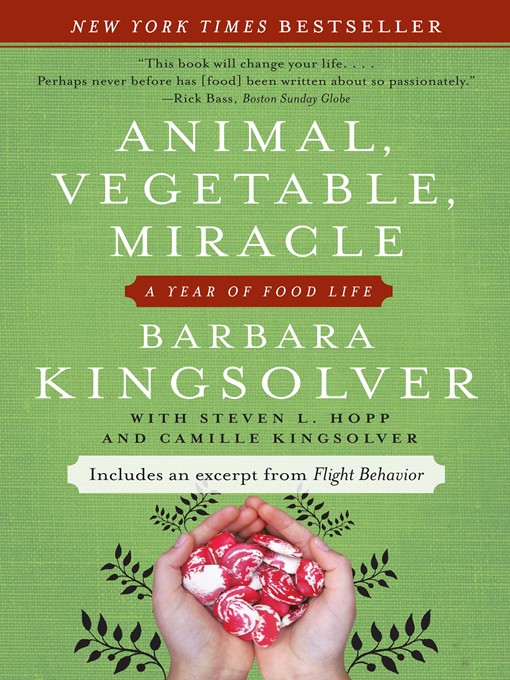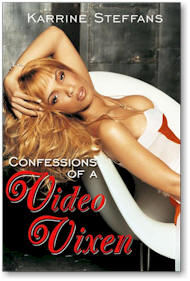
The Basics: Look Me in the Eye: My Life with Asperger's, John Elder Robison, 2007, 288 pages, hardcover
How I found it: I don't remember how I heard about this book (maybe a bestseller list?) but I know I wanted to read it because I am interested in people with Asperger's Syndrome having known a few of them growing up, and having spent a lot of time with people who work as computer programmers.
What's it about?: This book is a memoir about Robison's life. He is the brother of Augusten Burroghs, who wrote his own memoir, Running with Scissors (which I haven't read), which mentions Robison. Both kids had exceptionally bad childhoods, and Robison does touch on that. However, most of the book focuses on Robison describing what it is like to have Asperger's Syndrome (a type of high functioning Austism spectrum disorder). He does a great job of logically explaining how his thought process is different than that of the average person while reflecting, with great hindsight, on how his alternative way of thinking has affected his life and interactions with others. All of this would make for an interesting book, but in addition to being different, Robison has led a rather spectacular life. He toured with Kiss while working on their stage effects, and for a time worked as an electronic toy designer.
Did I like it?: I really enjoyed this book and couldn't put it down. It was fascinating to read about how people with Asperger's think and as I said, Roision has had a rather interesting life. People often assume that those with Asperger's are robotic and don't really have feelings. Robison dispels this myth, and then some, by giving various anecdotes about his life and how these events have affected him.
Will you like it?: I found this book to be a great read. It will appeal to readers of both fiction and non-fiction since it has a plot-like structure. I think its also a great book to read to better understand people with autism spectrum disorder since most of us have no idea what life is like for them.
But don't take my word for it: The usual blurbs and reader reviews (all of which are positive 5 start reviews - highly unusual) from Amazon, a review from Entertainment Weekly, one from the blog Framed and Booked, another from The A.V. Club, one from the Times Online, and finally, the author's website.







